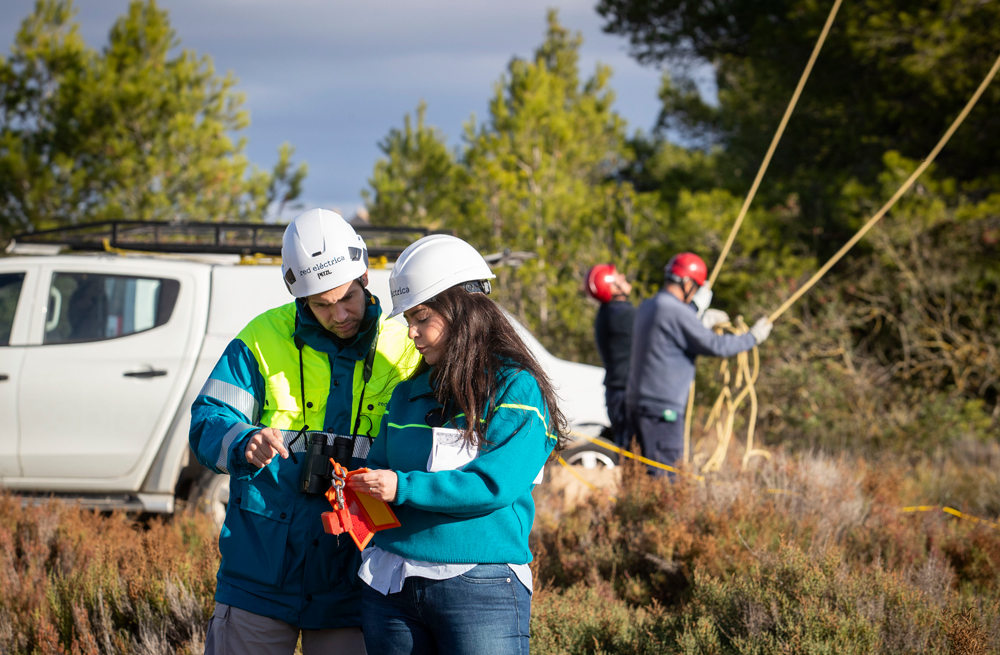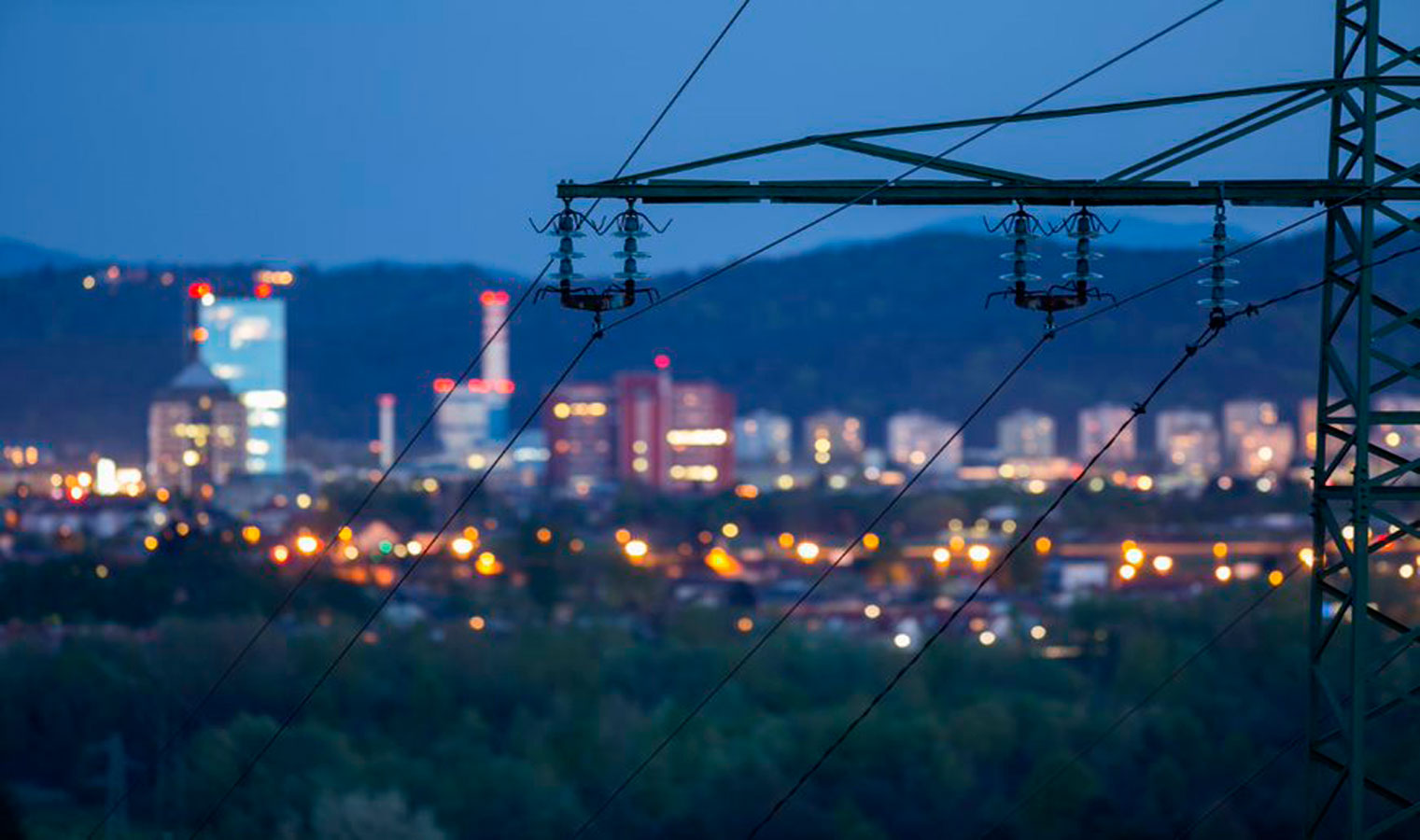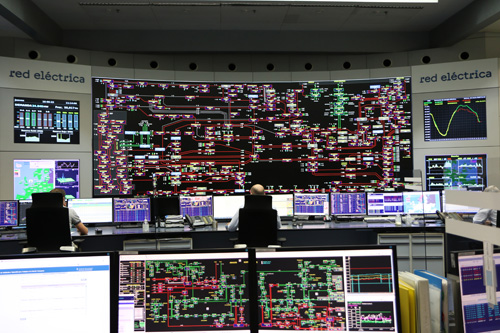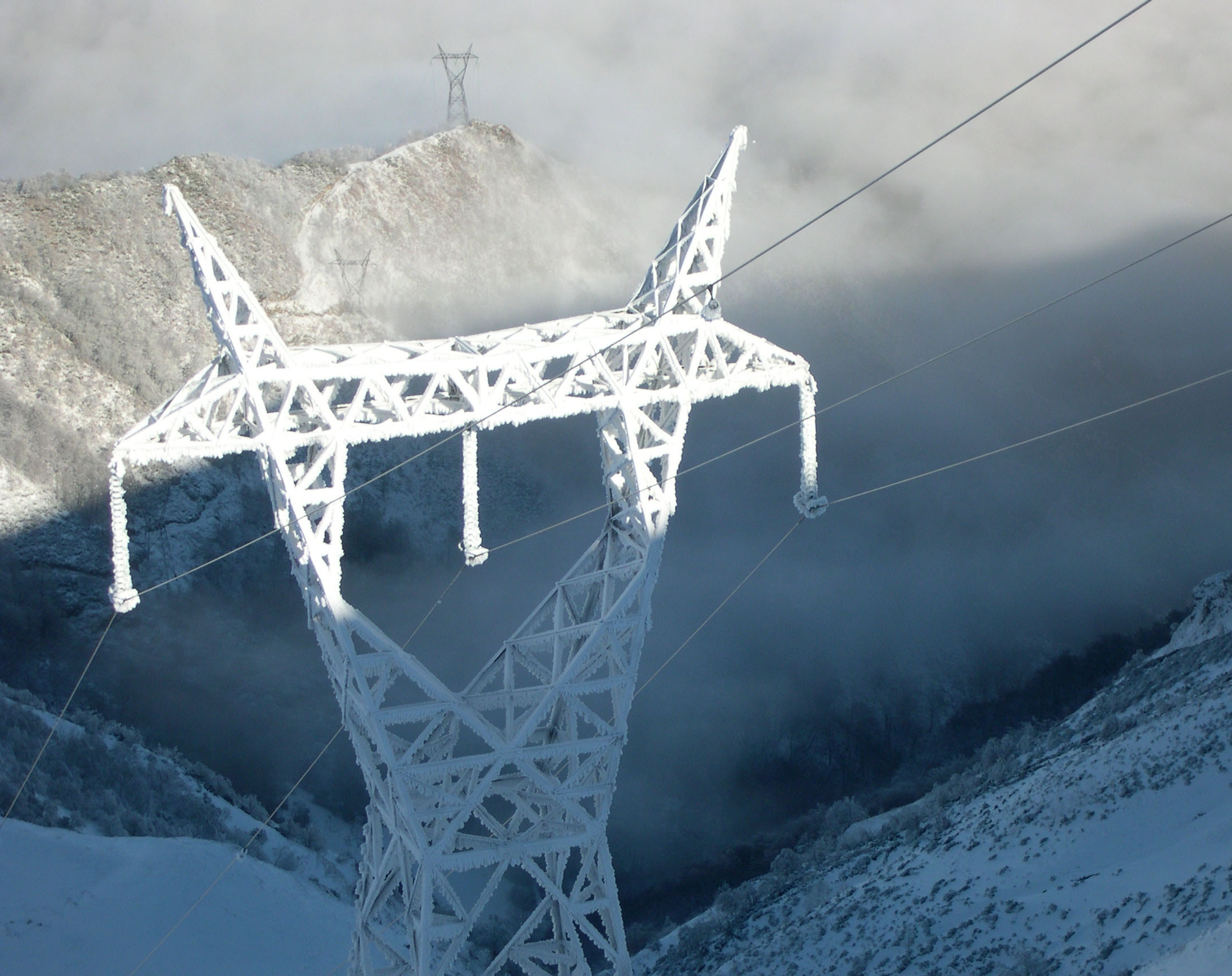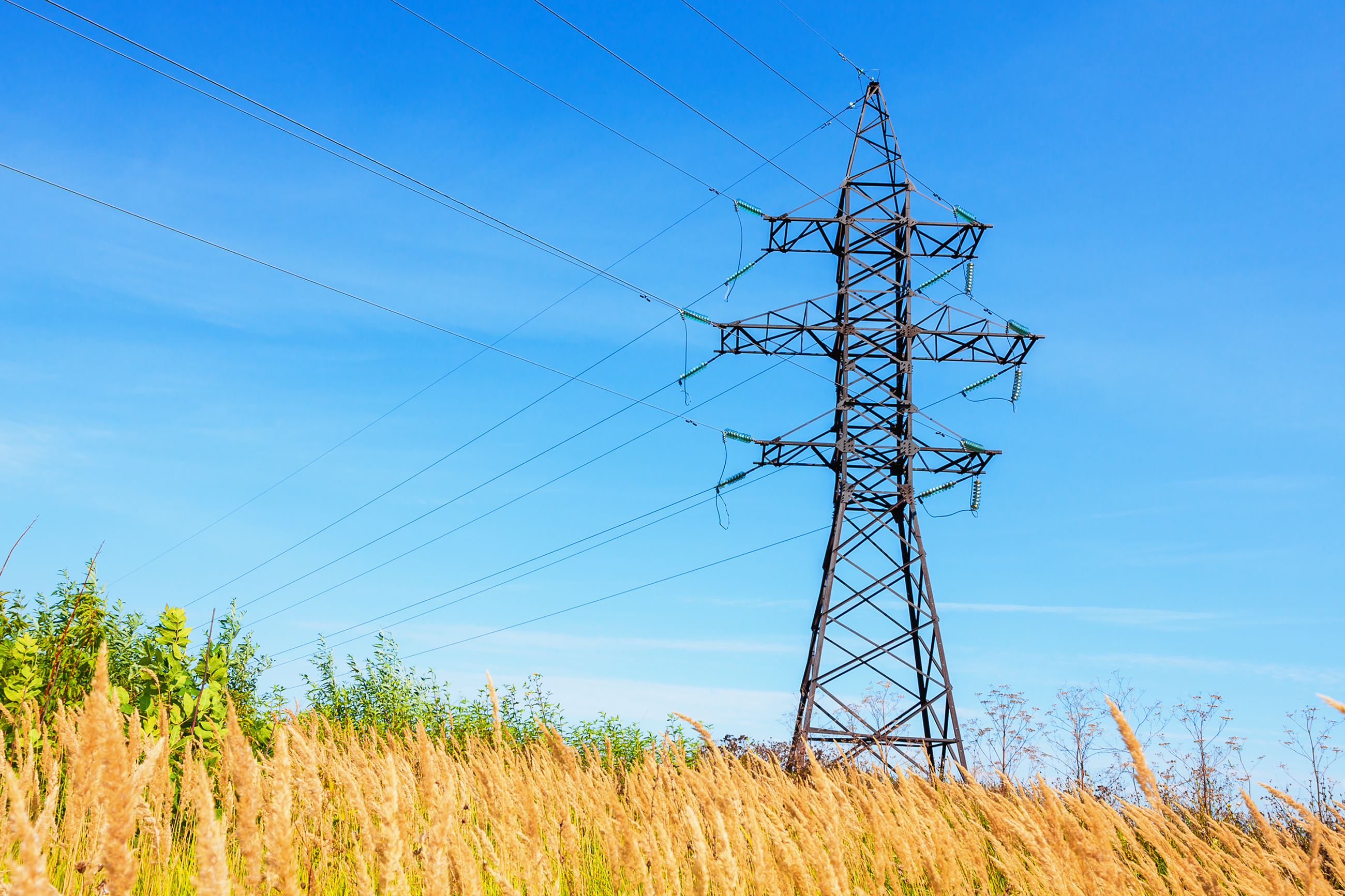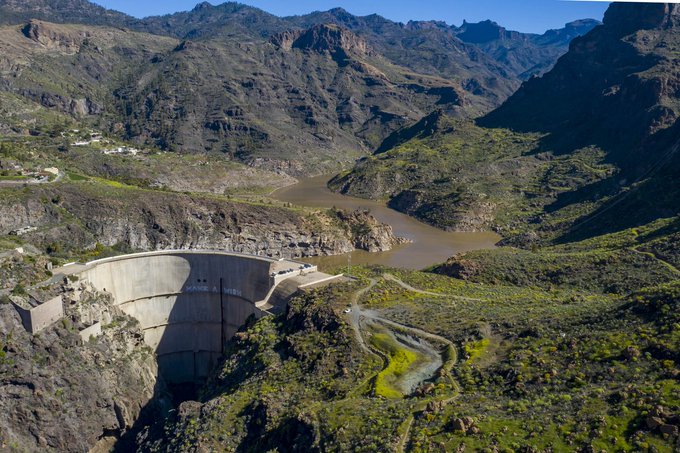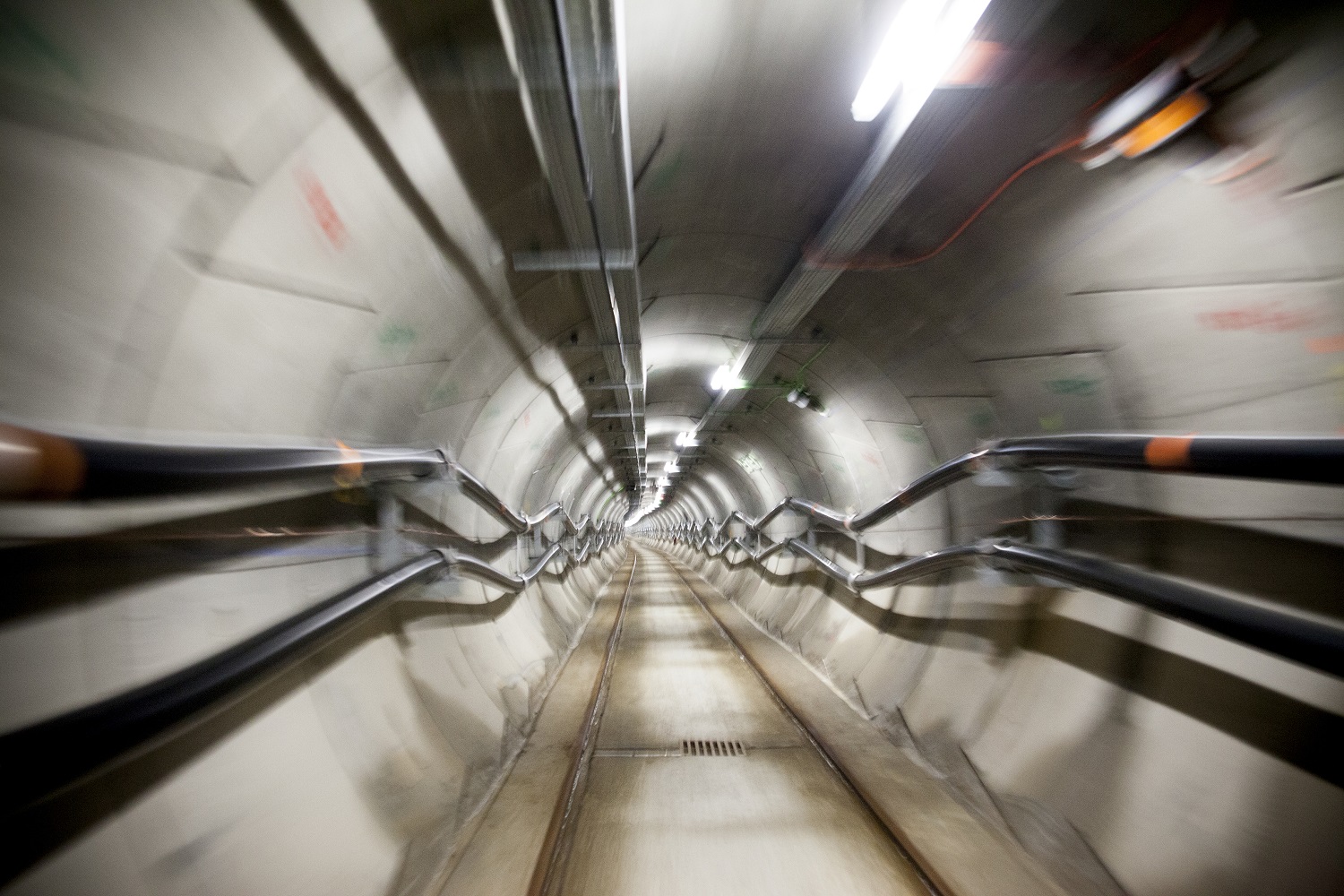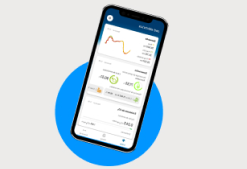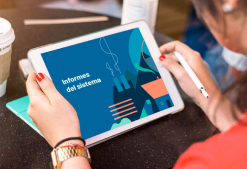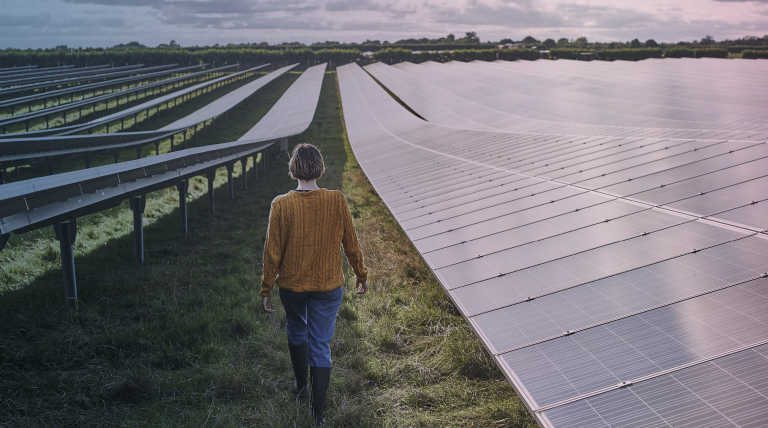For 40 years, we've been driving our country's economic and social progress. Four decades shaping Spain.
Improving processing policies of electrical installations key to meeting energy transition objectives
- In the period 2021-2030, it will be necessary to make investments in electricity transmission worth over 11 billion euros to achieve PNIEC (in English, National Integrated Energy and Climate Plan) objectives
- If the current processing policies are maintained, it will be impossible to undertake part of these investments in time, which means their expedition is urgent.
Both Spain and the EU have set ambitious climate and energy objectives for 2030 that require significant investments in grid development. Successfully attaining them will require measures and solutions that address the challenge of administrative processing of electricity transmission infrastructures, which, as the European Commission recognises, is currently one of the main bottlenecks impeding the ecological transition process. This is evidenced by the report The need to improve the processing of electrical installations from a national and European perspective, drafted by PwC with the collaboration of Red Eléctrica.
The study makes a diagnosis of the current situation of the processing of electricity transmission projects in Spain, and highlights the need to advance in the simplification of these processing policies. Specifically, it highlights that in the period 2021-2030 it will be necessary to make investments in electricity transmission worth over 11 billion euros in order to achieve PNIEC objectives. PwC estimates that, if the current processing policies are maintained, it will be impossible to undertake part of these investments within this period, which will have significant negative impacts that go beyond environmental objectives, as they also affect other economic and social sectors, given the backbone character of the transmission grid.
In the case of the transmission grid, the processing policy is aimed at obtaining different authorisations from a competent body that can answer to either the state or the autonomous community depending on the characteristics of each project. In most cases, Public Administrations acquire a very relevant enabling role through the administrative processing of projects and infrastructures. During the period 2015-2020, the average administrative processing times ranged from 1 to 6 years, depending on the type of installation.
Measures to make progress in streamlining processes
The document states that in order to obtain substantial improvements and to be able to meet the objectives proposed for 2030, it will be necessary to put in place a decalogue of measures that allow action in at least four areas: rationalisation of the processing policy that eliminates or simplifies the need for authorisations; resource organisation that allows for improvement in coordination and conflict resolution; processing streamlining in the absence of administrative resources and processing digitisation.
Some of these measures are inspired by the best practices observed in certain EU regions and countries that have achieved evident improvements in their administrative procedures, as well as the recommendations recently made by the European Commission in the context of the RepowerEU Plan.
PwC presented this report today, at a symposium during which various representatives discussed the need to address measures and solutions to address the challenge of the administrative processing of electricity transmission infrastructures as the key to accelerating energy transition objectives. The event was held in a context that is highly marked by the energy crisis that Europe is currently experiencing and in response to which the European Commission itself has pointed out the need to accelerate the processing policies for energy-related projects.
Over the course of the symposium, different representatives constructively contributed a holistic vision of the current situation of the processing and possible solutions to improve it, with the participation of representatives of the European Commission and the Embassy of Germany, various business associations, companies and groups of interest (AELEC, AEE, UNEF, REE, Greenpeace), as well as the administrations and public bodies involved in the matter, such as Autonomous Communities (Extremadura, Andalusia, the Canary Islands and Aragon), the Ministry of Ecological Transition and CNMC (National Commission on Markets and Competition). The various panel discussions were moderated by Óscar Barrero and Reyes Gómez, PwC partners in Spain and the main authors of the aforementioned study.
The symposium was inaugurated by the president of the Redeia group, Beatriz Corredor, who took the opportunity to reinforce the message of the need to continue making progress in improving processing policies, especially in the current energy context, to accelerate the inescapable objectives of decarbonisation and to be able to generate all the positive socio-economic impact expected from the energy sector. In addition, Beatriz Corredor thanked all the attendees, especially the representatives of the government Administration, for their willingness to participate in the constructive dialogue that dominated the symposium.
For more information on the details of the symposium, please visit this link: https://www.pwc.es/es/publicaciones/energia/assets/impulso-tramitaciones-electricas.pdf

